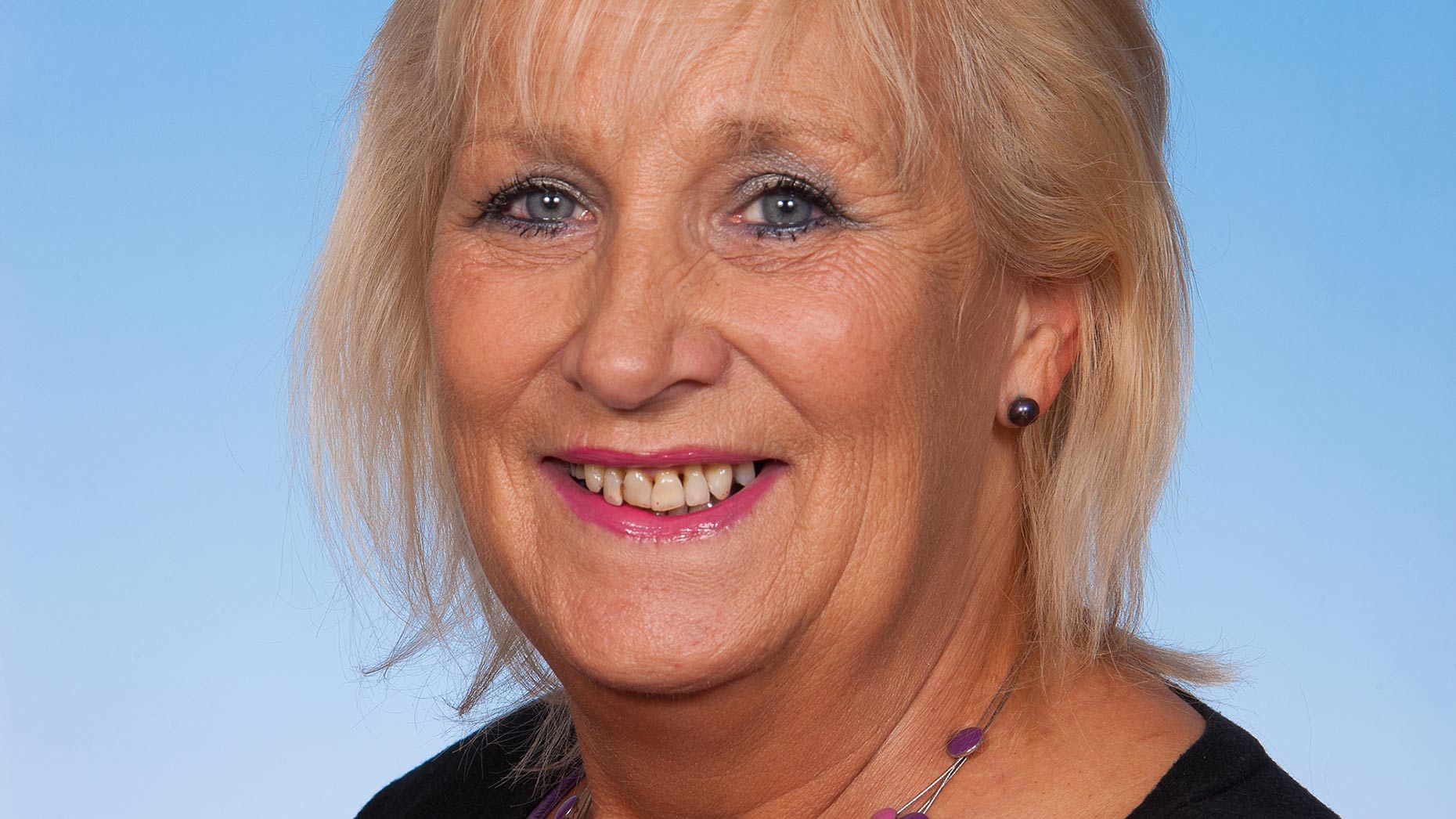I had been a carer for a long time without ever realising I was; I supported my husband who was living with heart failure and vascular dementia. At the time, I thought it was my right and my duty to look after my loved one but I hadn’t thought about myself as a carer.
While I was looking after my husband I was struggling to keep my own health stable, not always paying any real attention to my own needs, both physically and mentally.
I was doing so many things it was like ‘spinning plates’, I could easily have suffered from depression and anxiety myself.
But since no one gave me the ‘carer’ hat to wear, I thought I was just doing what anyone else would do and it was normal to feel what I felt, often feeling alone and unsupported.
The NHS has come a long way in recognising people who are carers, organisations such as Lincolnshire Partnership NHS Foundation Trust (LPFT) now see the value of engaging with carers, not only because it helps the patient but also because the trust recognises that carers themselves often need support.
Many carers forget about their own mental health as they’re so concentrated on looking after their loved one.
I am an LPFT carer governor, which means that I represent the voice of Lincolnshire carers within the trust.
I now regularly attend LPFT staff induction where on the first day at work all new staff members hear a little part of my story.
I think it helps the new starters to know how ‘real life can be’.
It’s important that people who are about to start working for the trust remember that carers have a significant impact on helping patients living with mental health problems to recover.
My presence at induction also sends a strong message, showing that the trust values not only its workforce and patients but also carers.
I always say that the services need to put patients in the centre but don’t forget about people who have been with the patient along the way.
Putting people first – both patients and their carers, involving everyone is key to making the system work better for everyone!
The trust has launched a scheme called “Triangle of Care” which is an innovative approach developed to make sure carers get the information and support they need to be involved effectively in the way their loved one is cared for.
It makes the frontline staff more “carer aware” and ensures that carers are signposted to right information.
Inclusion, recognising carers and any issues they may struggle with, especially if their loved one is admitted to mental health ward or is in crisis, can make a huge difference.
I have been honoured for my ‘services to carers’ by being awarded an MBE in 2013 which I felt very humbled to accept.
However, the work doesn’t finish. There is still a lot more to do to make sure carers get the attention, recognition and voice they deserve, to continue to care for their loved ones, with support, if required.
We need to care for our carers, who are often key to keeping people living well in their communities.






